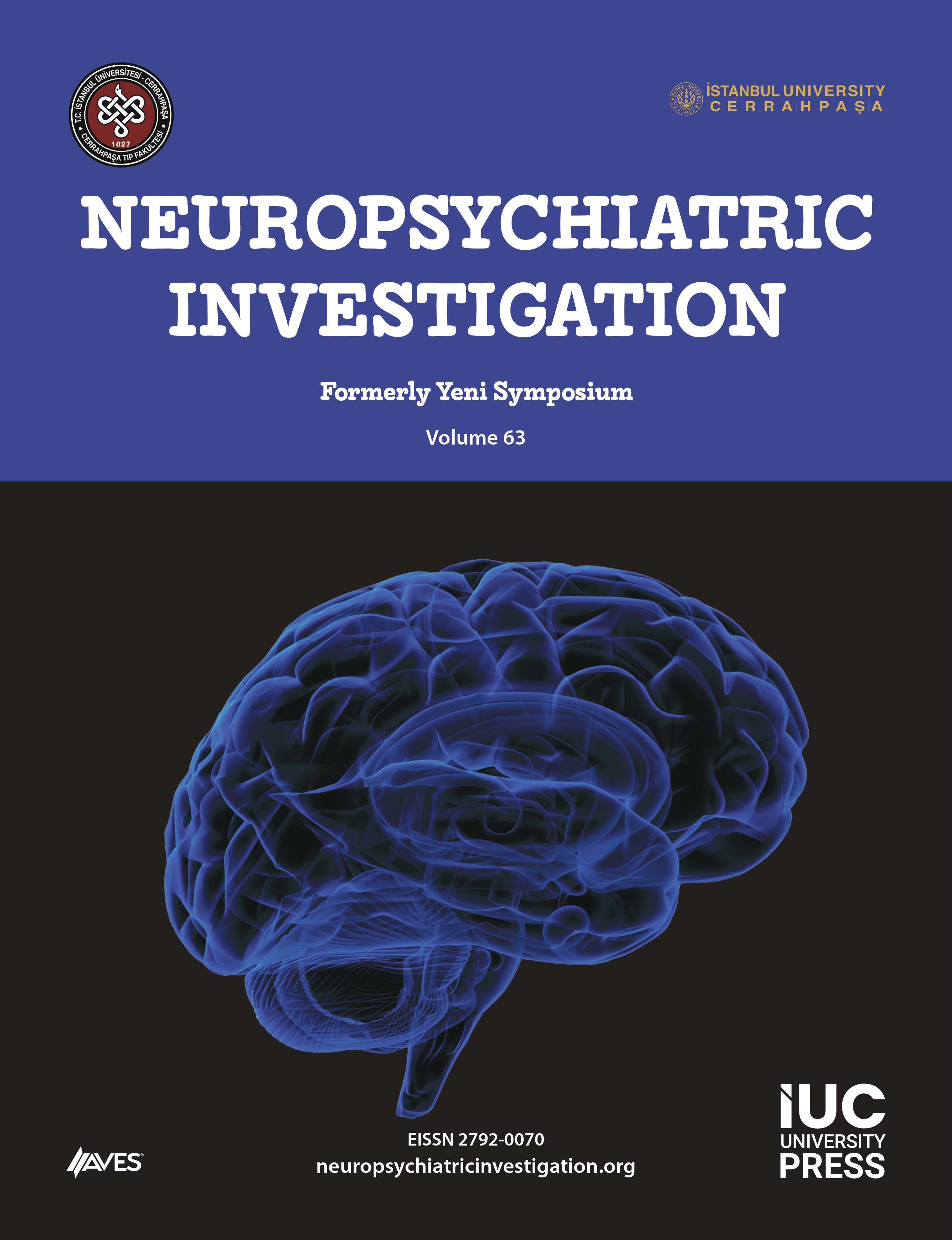Orthorexia nervosa (ON) refers to an intense desire to consume healthy or biologically pure food that is free of artificial products. ON is not regarded as a separate eating disorder, but its clinical presentation shares common features with obsessive-compulsive disorder (OCD) and eating disorders. The current study examined 130 patients who were diagnosed with OCD (n = 49), panic disorder (n = 44), and generalized anxiety disorder (n = 37). Padua Inventory Washington State University Revision (PI-WSUR), The Eating Attitudes Test-40 (EAT-40), and the ORTO-11 test were given to the participants. There were no significant differences between patient groups in the mean scores of eating attitudes and orthorexia symptom severity. No significant association between ORTO-11 scores and body mass index was noted. Moderate correlations (r > 0.30) were obtained between orthorexia symptom severity and obsessive-compulsive symptom severity, EAT-40 total score, and checking and dressing/grooming compulsions. These findings suggest that ON, a pathological inclination towards an obsession with healthy eating, is not specifically associated with any of the investigated illness groups. However, it has moderate correlations with the ritualistic signs of OCD. Underlying worry may predispose people to develop a compulsion to create the pure diet.




.png)